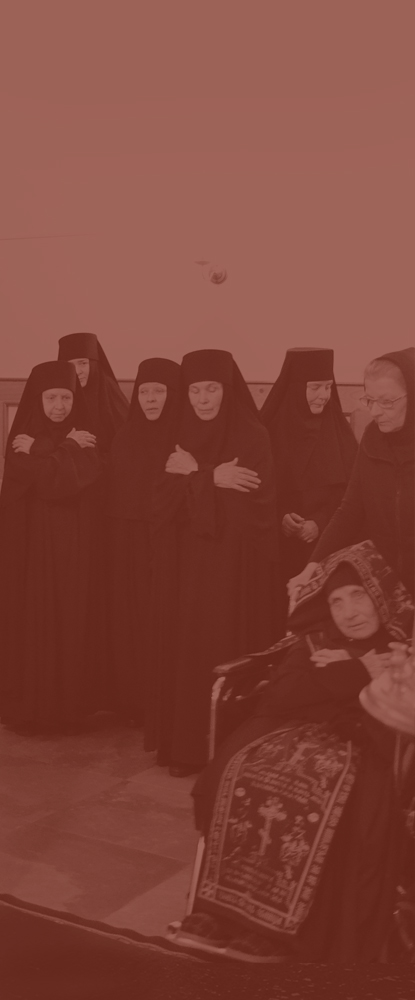May one be punished for his or her past sins?
– Father Sergiy, you visited Japan, which is why I would like to ask you the following question. The Olympic Games are taking place in Tokyo now. Just before the beginning of them, two leading specialists were fired due to the errors of their youth. The director of the opening ceremony was fired because he joked about the Holocaust 23 years ago. And the composer, who worked on the music for the opening ceremony quit because, according to his own words, he bullied challenged children in his school years. The providers declared that such deeds of the leading specialists will be considered as a mockery of the Paralympic Games. Do the Japanese have that much righteousness and inner purity? I guess in our country such deeds are impossible.
– Having visited Japan only for ten days, I cannot judge the whole nation. It would have been thoughtless and not wise. As far as the punishment for long time sins is concerned… it seems to me the whole world has gone mad in its hypocrisy nowadays. On the one hand, some people punish the others for past sins, but on the other hand, the same people stimulate and even fight for immorality. This is just madness! The world lives in the time of hypocrisy. I have accidently come across some information about an American film director who was convicted for many years for having some relations with women long ago. Meanwhile, the same people who judge him popularize not just relations with women, but all kinds of existing sexual deviations. This is why I think the world has gone mad in its hypocrisy.
Archpriest Sergiy Baranov


